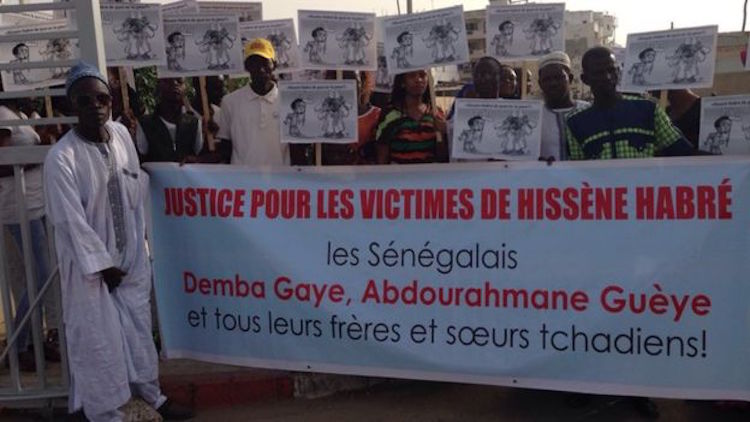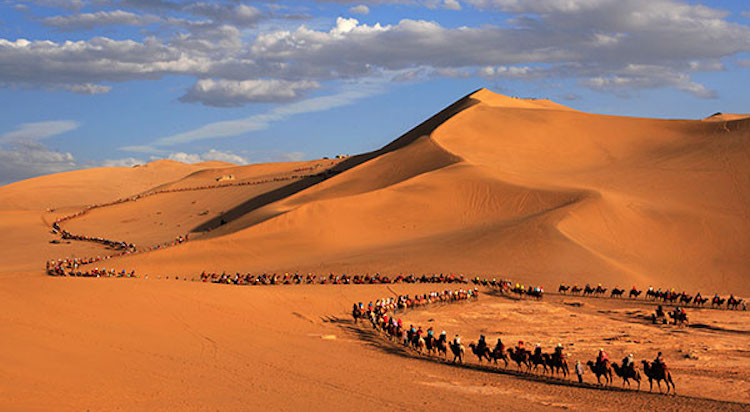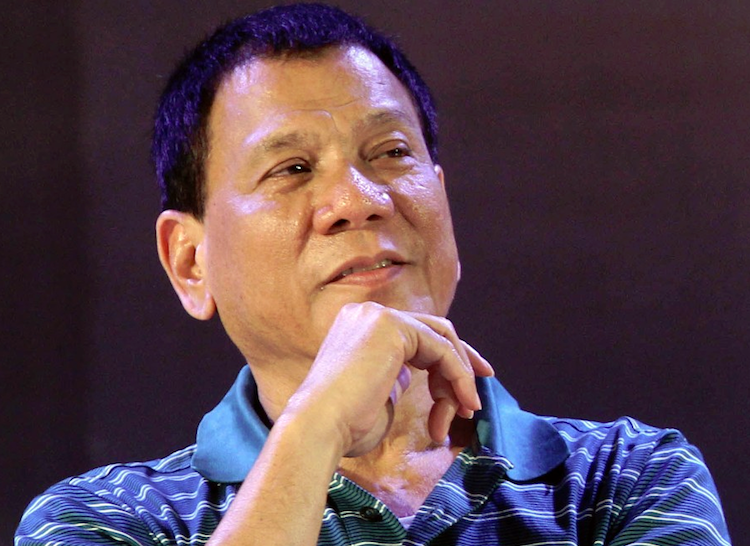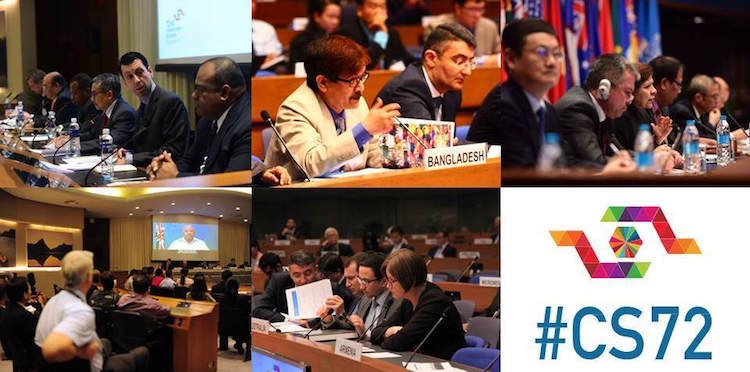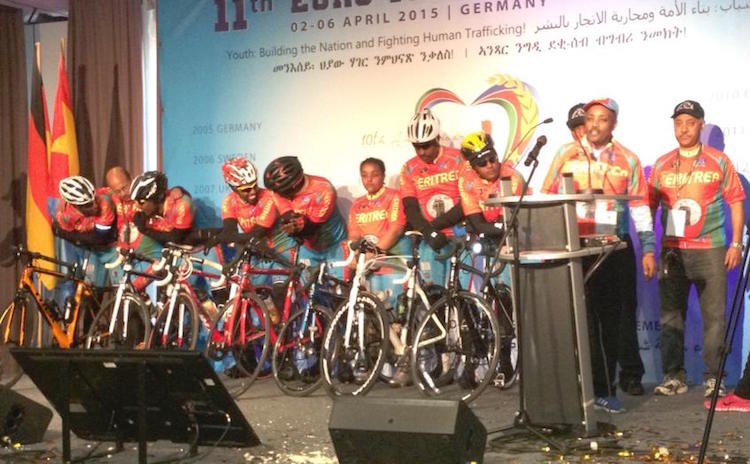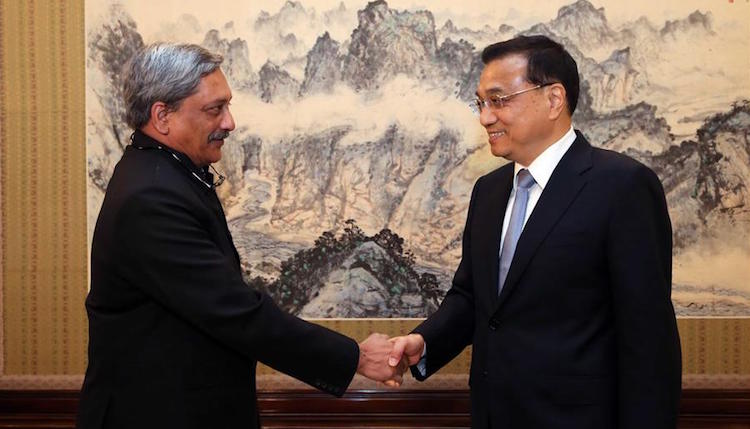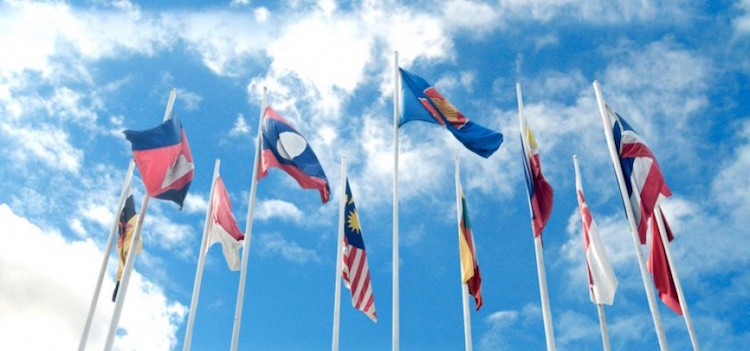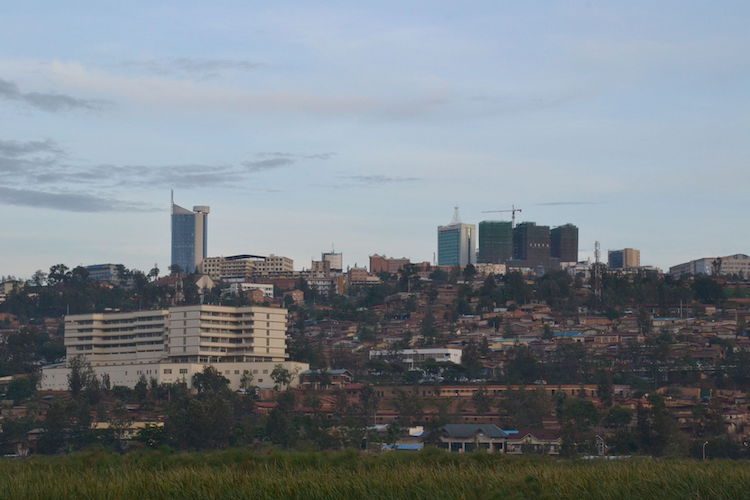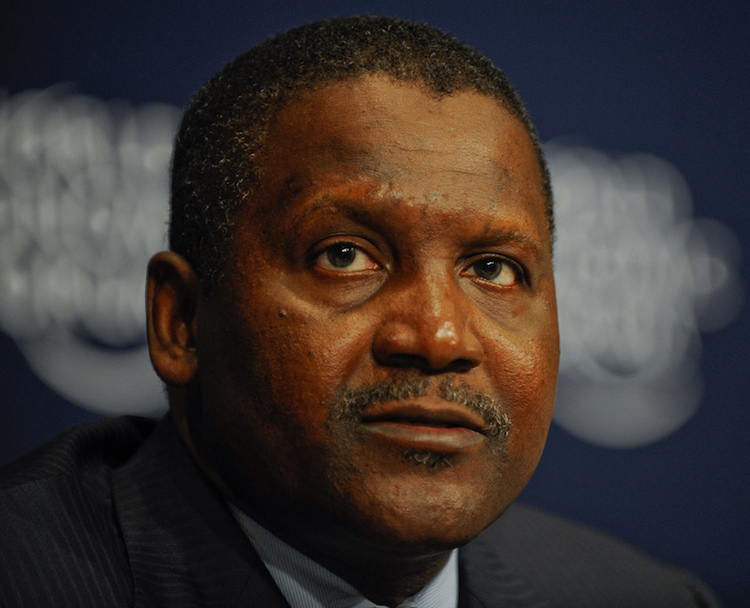LONDON (IDN | GIN) – Digital dumping ground, world’s largest e-waste dump – whatever you call it, Agbogbloshie, a former wetland and suburb of Ghanaian capital Accra, is one the top ten “worst polluted” places on earth where tonnes of discarded electronics, refrigerators, microwaves and televisions, also known as e-waste, end up decomposing in a massive scrap heap.
“Mercury, lead, cadmium, arsenic – these are the four most toxic substances [in the world], and they are found in e-waste residues in very large quantities,” Atiemo Sampson, an environmental researcher at the Ghana Atomic Energy Commission, who has conducted several studies of the Agbogbloshie site, said in an interview with the BBC.
Exposure to these toxins is known to cause a whole range of illnesses from cancers to heart disease and respiratory illnesses.


